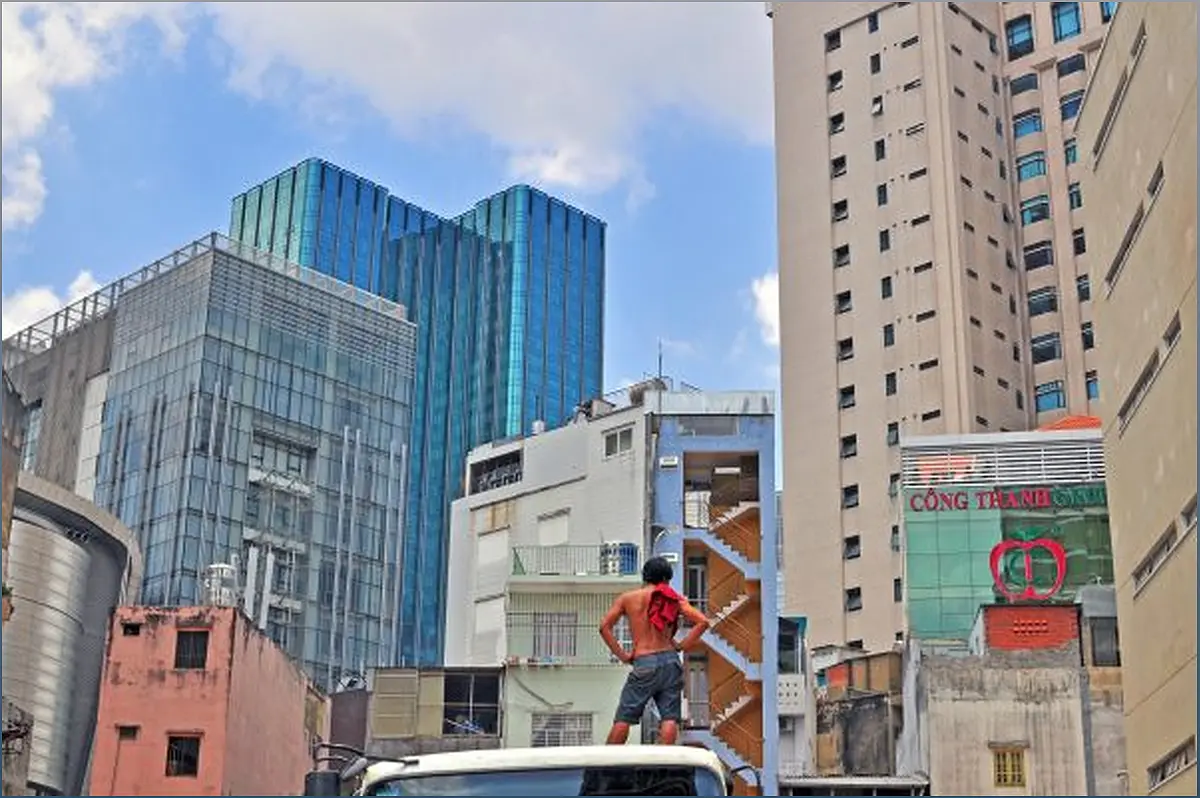Vietnam’s Anti-Corruption Campaign Intensifies Amidst $12.5 Billion Scandal
The Communist Party of Vietnam (CPV) is ramping up its fight against corruption in the wake of a staggering $12.5 billion financial scandal. CPV General Secretary Nguyen Phu Trong has pledged to intensify the anti-corruption campaign, aiming for faster and more efficient actions. With thousands of arrests already made, the campaign continues to uncover corruption within the party-state. In this article, we delve into the recent scandal, the ongoing investigations, and the implications for Vietnam’s real estate and banking industries.
The Scale of Vietnam’s $12.5 Billion Financial Scandal
Unveiling the shocking details of the $12.5 billion financial scandal that has rocked Vietnam’s real estate sector.
Vietnam is reeling from the revelation of a massive $12.5 billion financial scandal that has sent shockwaves through the country’s real estate industry. The scandal involves Truong My Lan, the chairperson of Van Thinh Phat Holdings Group, who is accused of embezzling an astounding 304 trillion dong ($12.54 billion) from Saigon Commercial Bank (SCB). This scandal is one of the largest in Vietnam’s history, surpassing even the infamous 1MDB scandal in Malaysia.
The scale of this theft is difficult to comprehend, with the amount embezzled equivalent to 3.2 percent of Vietnam’s economy. The intricate scheme involved the establishment of numerous domestic and foreign subsidiaries and member companies under Van Thinh Phat’s umbrella. Lan and her accomplices allegedly used SCB as their personal ATM, taking out an estimated 1 quadrillion dong ($44 billion) in loans against the savings of SCB’s customers.

Through complex manipulations, Lan managed to appropriate 304 trillion dong for herself. The scheme was facilitated by members of Lan’s family who held senior positions at SCB and essentially served her interests. The shocking scale of this scandal has exposed the vulnerabilities in Vietnam’s banking industry and raised concerns about the lack of oversight in the sector.
The Communist Party of Vietnam’s Pledge to Combat Corruption
Examining the commitment of the Communist Party of Vietnam to intensify the fight against corruption and its implications for the country’s future.
In the wake of the massive financial scandal, CPV General Secretary Nguyen Phu Trong has vowed to broaden and deepen the party’s campaign against corruption. Trong emphasized the need for a faster and more efficient anti-corruption fight, stating that it will be a long-term commitment. The ongoing anti-corruption campaign, known as dot lo or “blazing furnace,” has already resulted in the arrest of thousands of bureaucrats, government officials, and corporate executives.
Despite the significant progress made, the scale of corruption within the CPV party-state remains a pressing issue. Recent investigations have revealed further government officials involved in bribery and cover-ups related to the SCB scandal. The CPV’s commitment to eradicating corruption is crucial for restoring public trust and ensuring a transparent and accountable government.
Implications for Vietnam’s Real Estate and Banking Sectors
Analyzing the impact of the financial scandal on Vietnam’s real estate and banking industries.
The Van Thinh Phat scandal has had far-reaching implications for Vietnam’s real estate and banking sectors. Following the arrest of Truong My Lan, confidence in the real estate market plummeted. The massive embezzlement and the subsequent exposure of corruption within SCB have raised concerns about the level of bad debt in the real estate sector and its potential impact on the banking industry.
Listed property developers are now facing increased pressure to repay their large debts as profits decline and cash reserves dwindle. The scandal has highlighted the need for stronger oversight and regulation in the banking sector to prevent similar incidents in the future. The repercussions of this scandal will likely shape the future of Vietnam’s real estate and banking industries, with a renewed focus on transparency and accountability.
